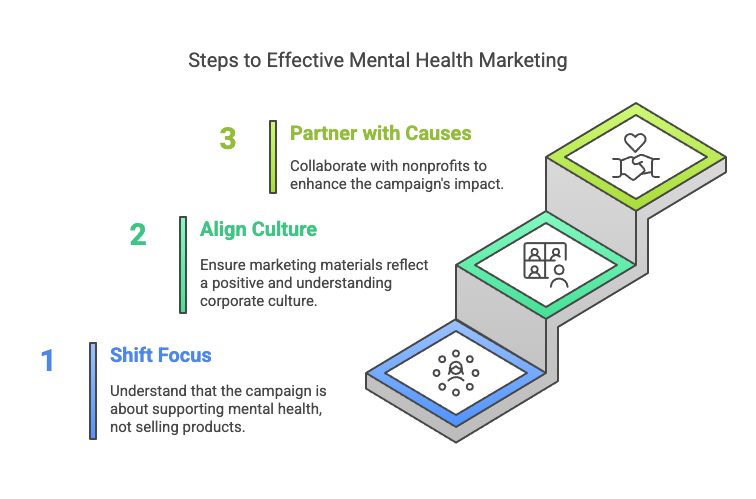Owing at least in part to the coronavirus pandemic, mental health is at the fore of everyone’s minds. It’s no secret that people are struggling right now. We are stressed, fearful, and worn down by all the chaos and civil unrest.
It’s wearing on us. As reported by the World Health Organization, the coronavirus pandemic has created significant mental health fallout. And it’s only going to get worse.
“Mental health repercussions regarding what is happening during this pandemic for people, today and beyond, will really be a problem in general,” explains neurologist Dr. Konstantinos Petsanis, speaking to the WHO.
“Unless we act now to address the mental health needs associated with the pandemic, there will be enormous long-term consequences for families, communities, and societies.”
Your business plays an extremely important role in this response.
First and foremost, it’s imperative that you destigmatize conversations around mental health as part of your organizational culture. Companies should create a work environment where employees feel comfortable discussing their mental health struggles, and health plans should cover medication and treatment for these illnesses.
Beyond that, however, there’s another way you can contribute —through your marketing.
Perhaps the best example of this in practice is Bell Let’s Talk. First created in 2011 by Canadian telecommunications corporation Bell, its premise is simple. One day each year, Bell donates five cents for every message and call that includes #BellLetsTalk.
The initiative has, over the course of its lifetime, raised over $100 million for mental health. Perhaps more importantly, however, it kicked off a series of incredibly important conversations about mental health.
Although it hasn’t single-handedly destigmatized mental illness in Canada, it’s gone a long way towards helping people open up to the ideas of talking about their struggles with issues like anxiety and depression.
There are a few key things you can learn from Bell

Let’s Talk to apply to your brand’s own mental health marketing efforts.
- First, understand that this isn’t about you or your business. You are using your brand to promote a worthy cause. To help both customers and employees who may be struggling with mental illness. Don’t treat it as a sales opportunity, but instead focus on education.
- Second, your marketing materials should align with a mental-health-positive corporate culture. Mental illness should not be presented as something horrible or shameful, but rather a disability that many people struggle with.
- Finally, if you can find a way to wrap your campaign in with some sort of cause or nonprofit, do so. Awareness only goes so far. Action can go farther.
We’ve made great strides in eliminating the stigma around mental health. However, we still have a long way to go. Starting conversations around mental health via your marketing channels is one critical way your business can, and should, contribute.
Especially right now.




